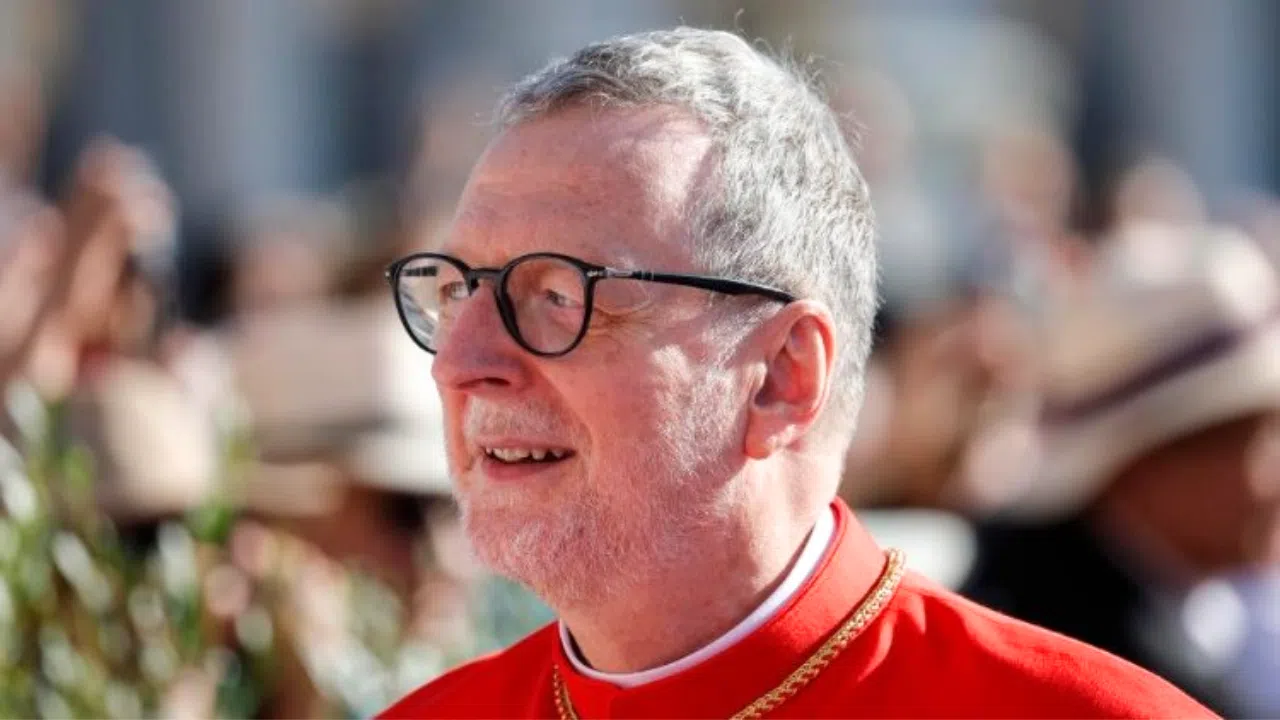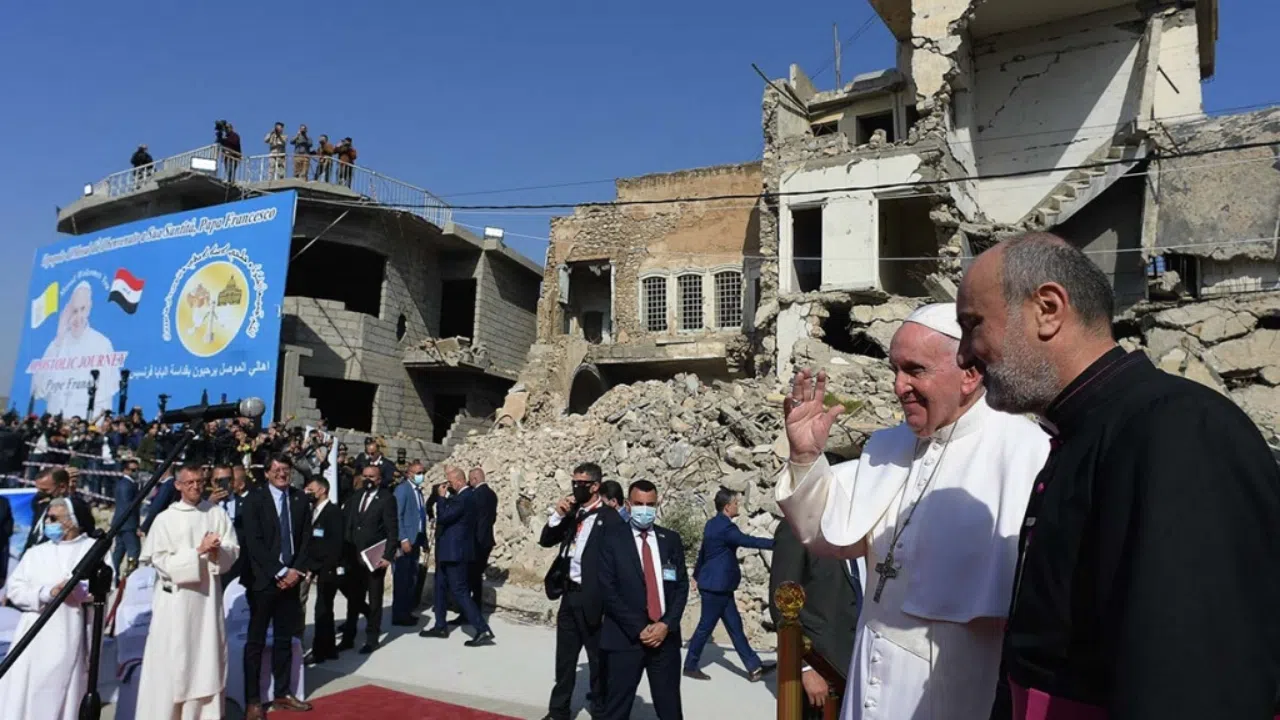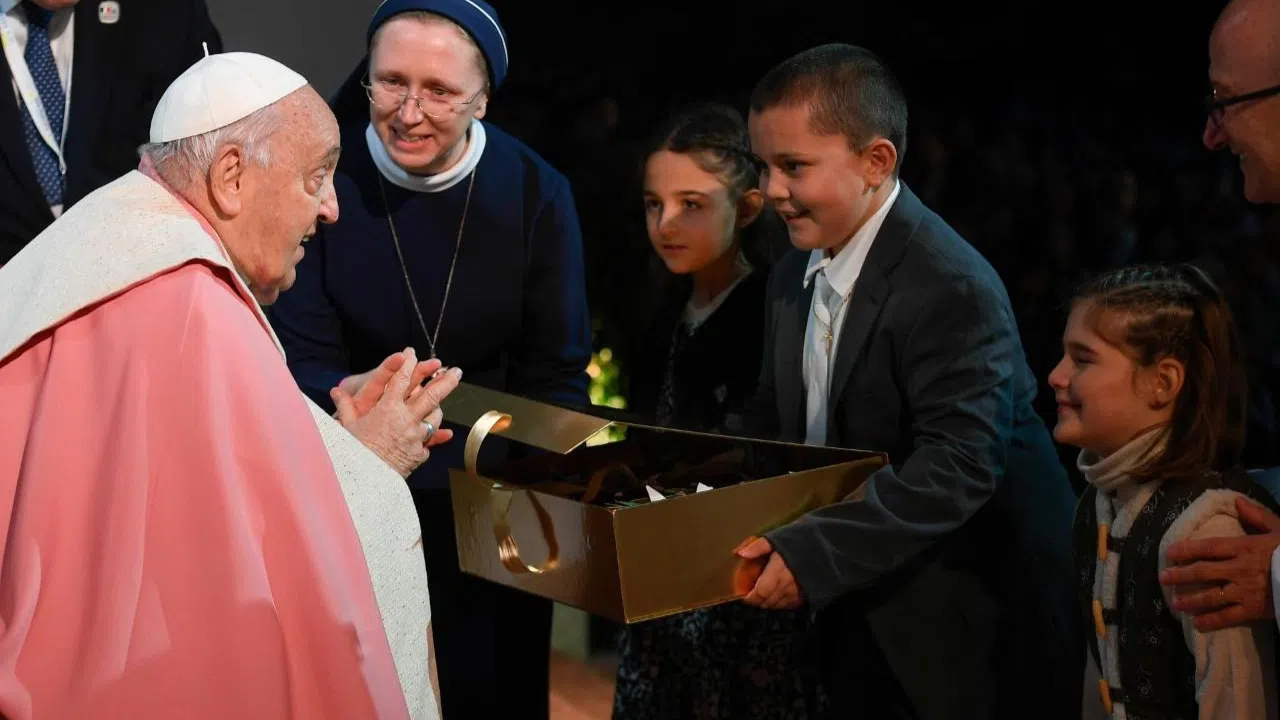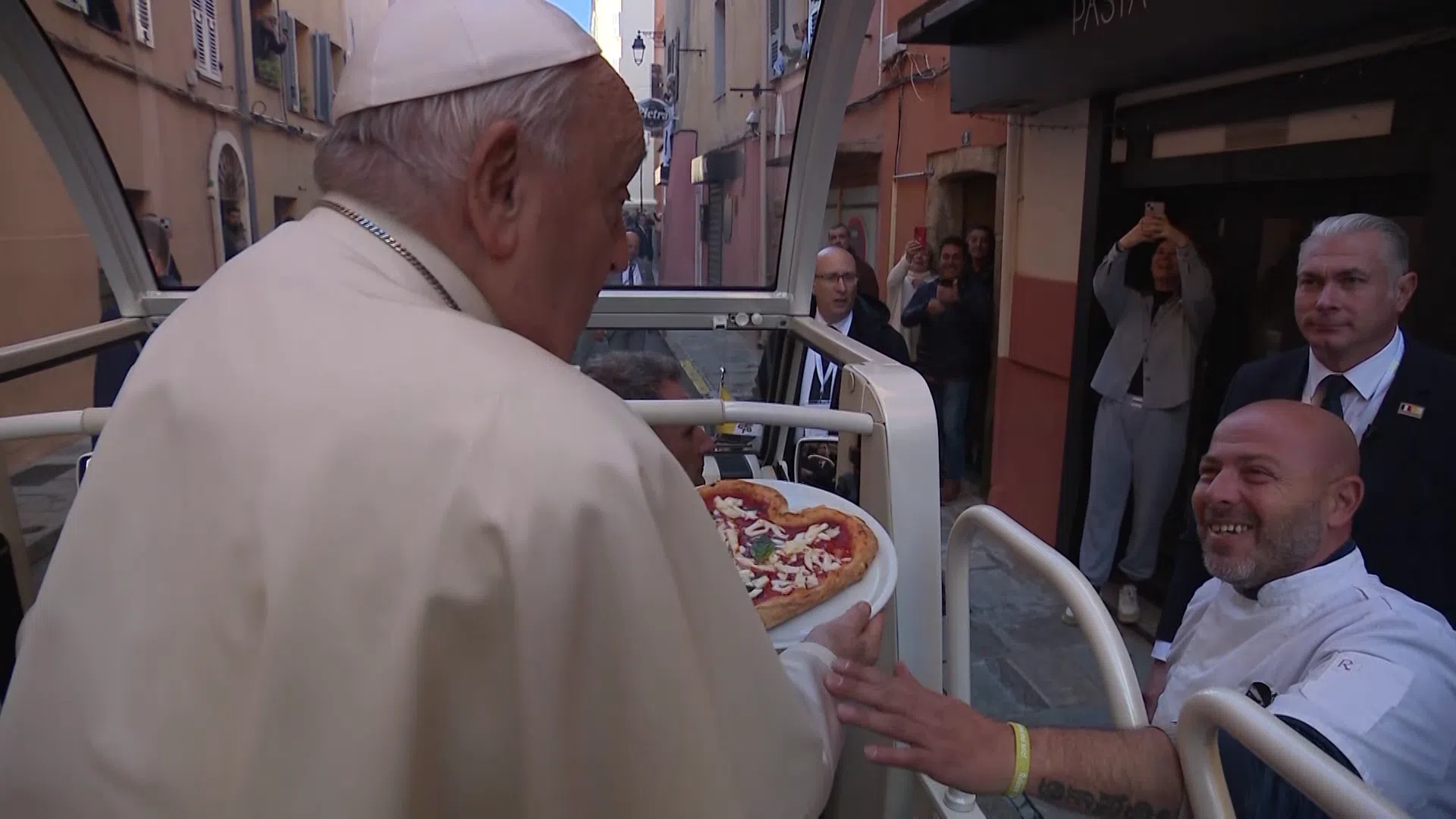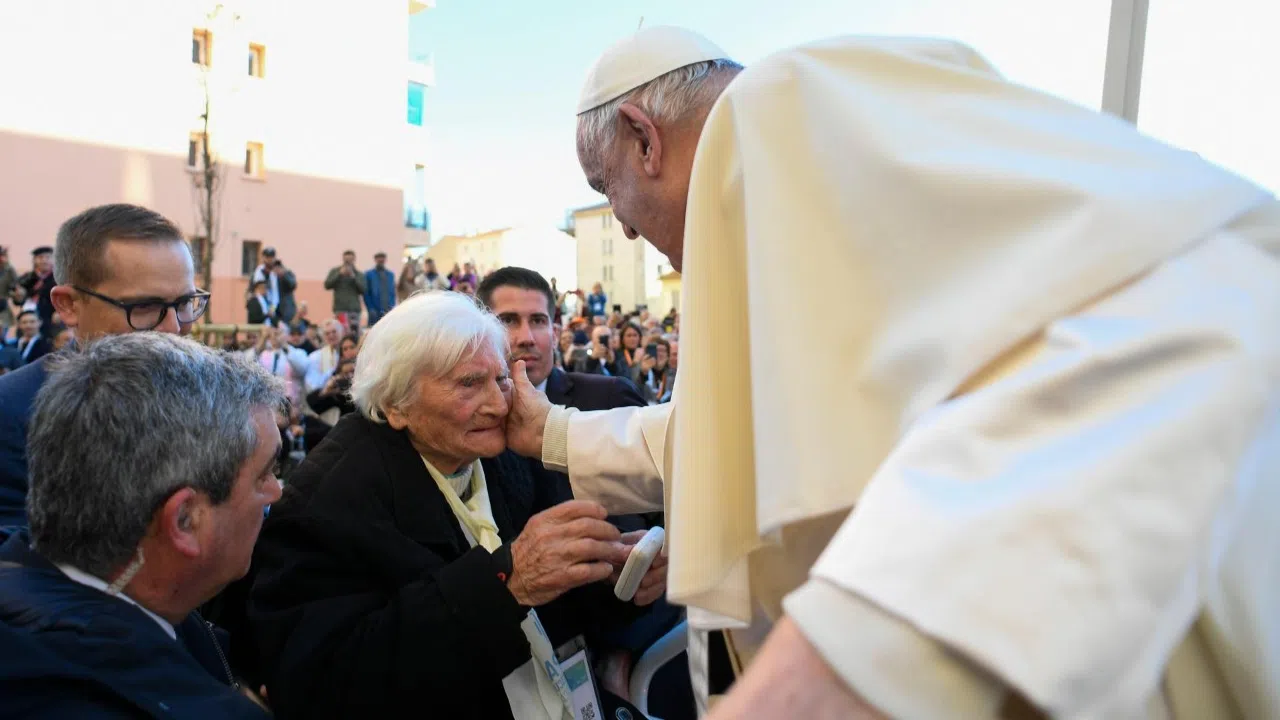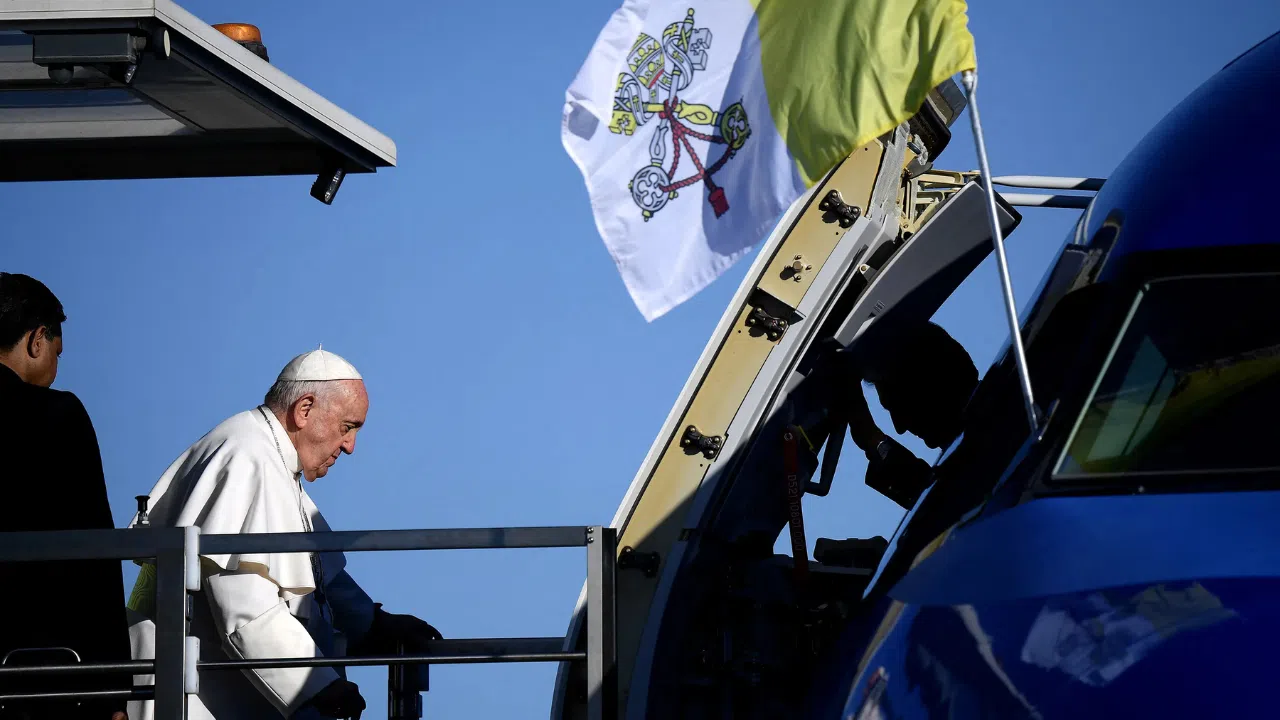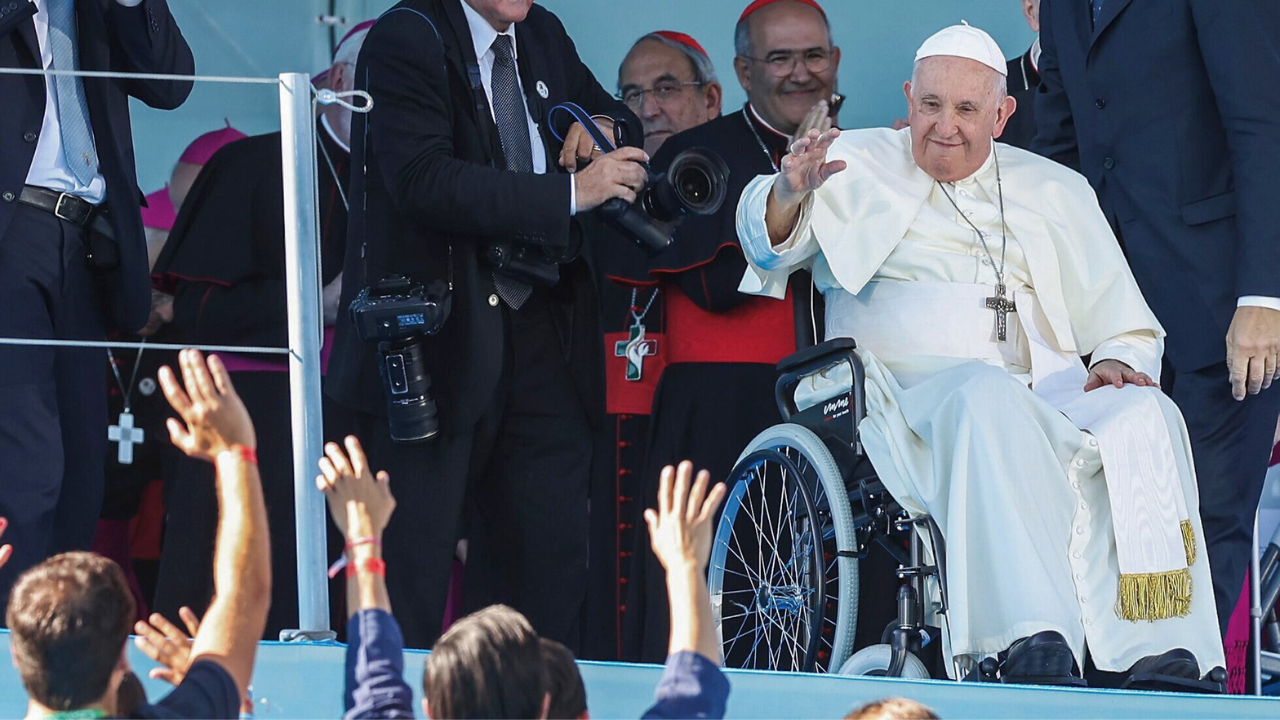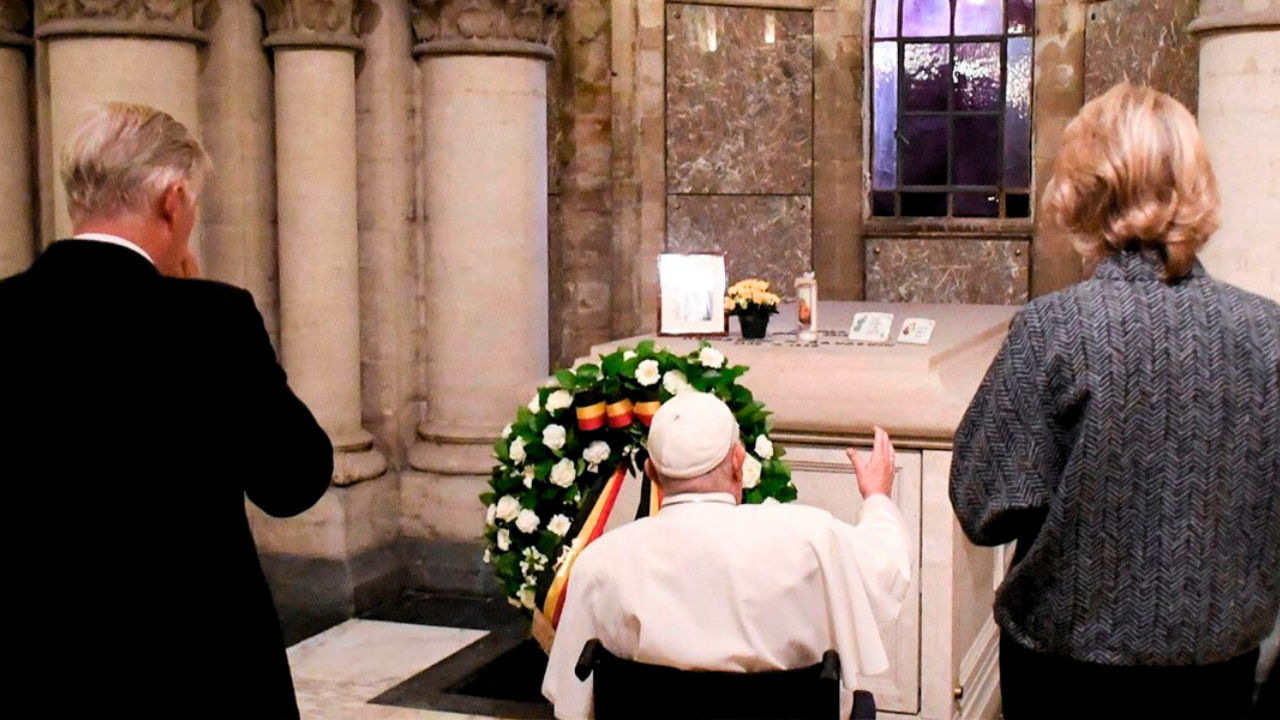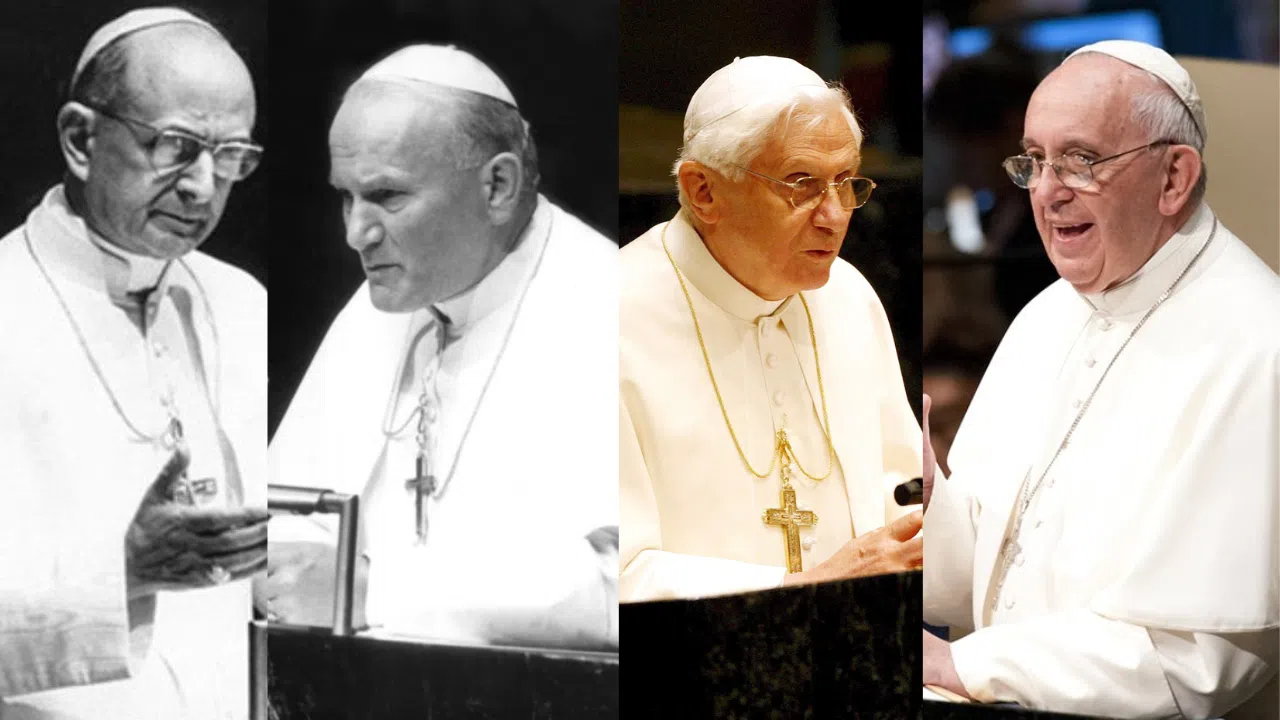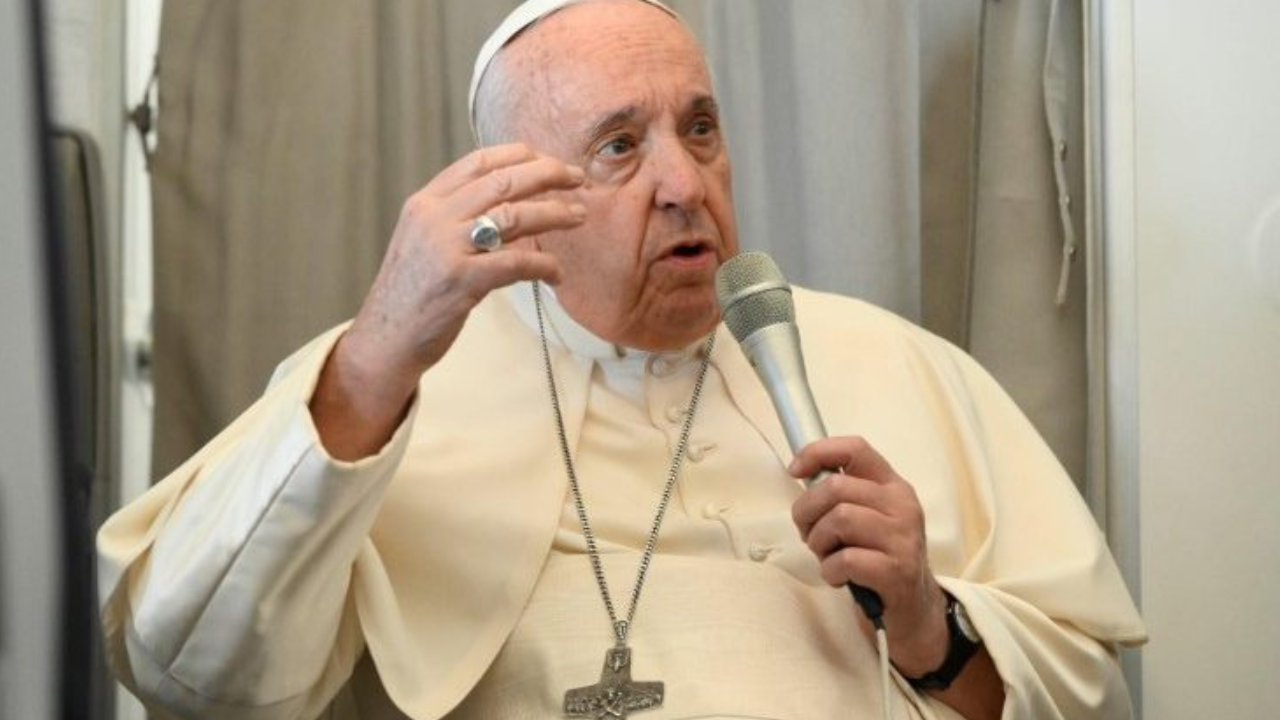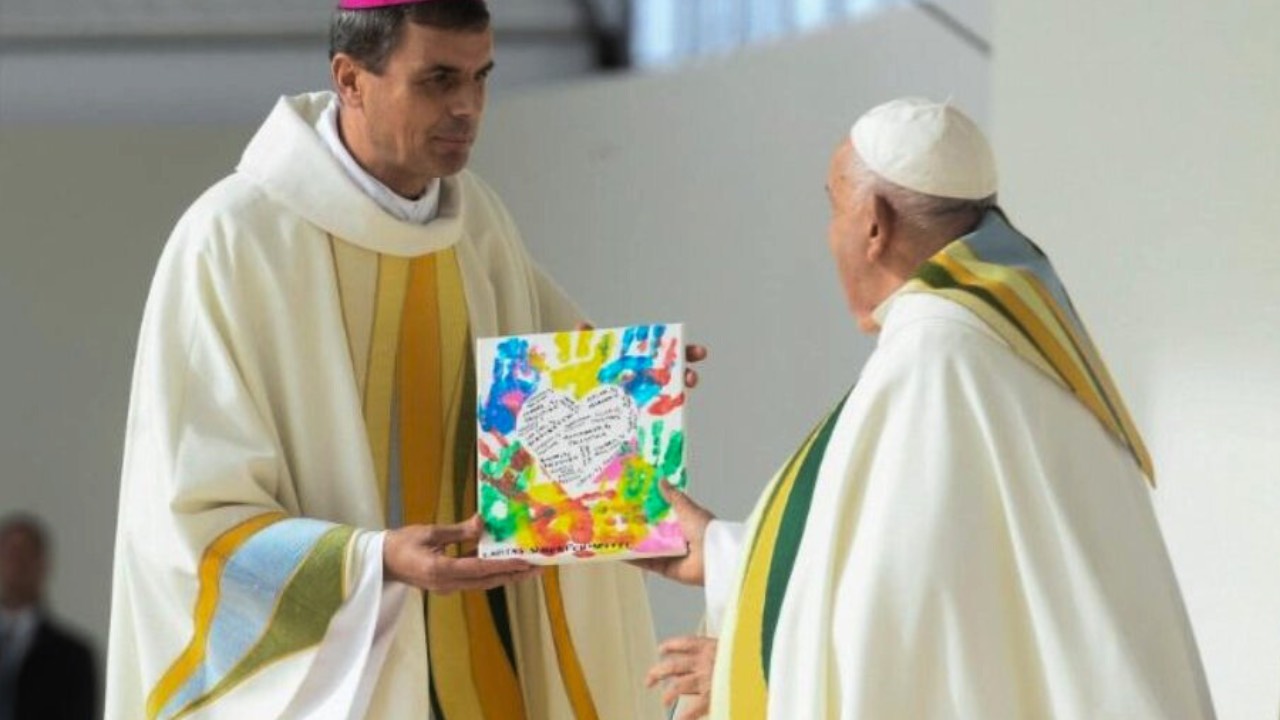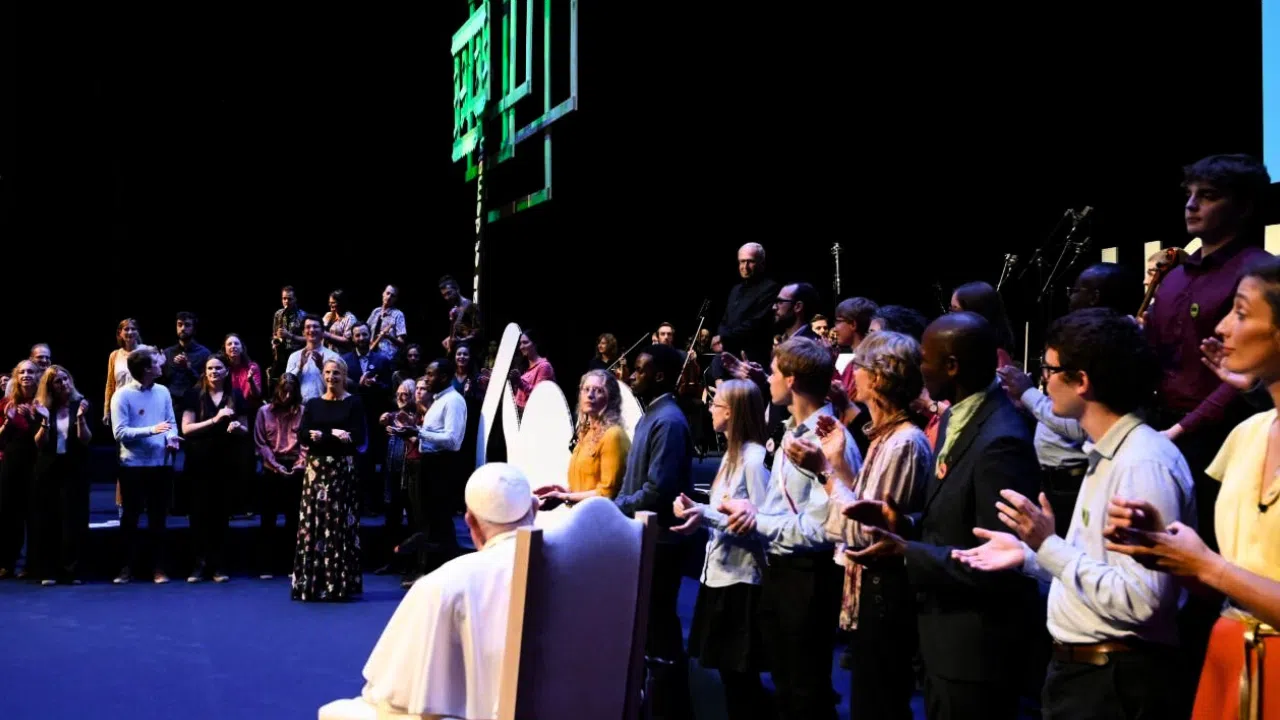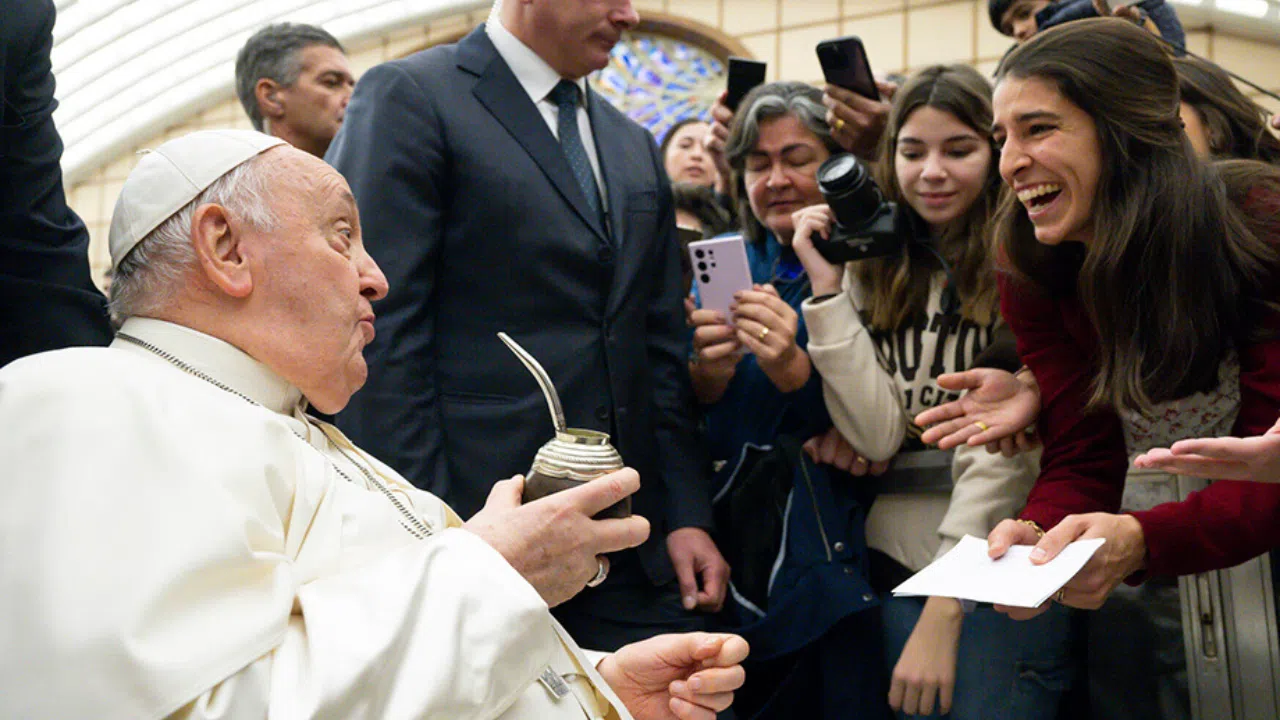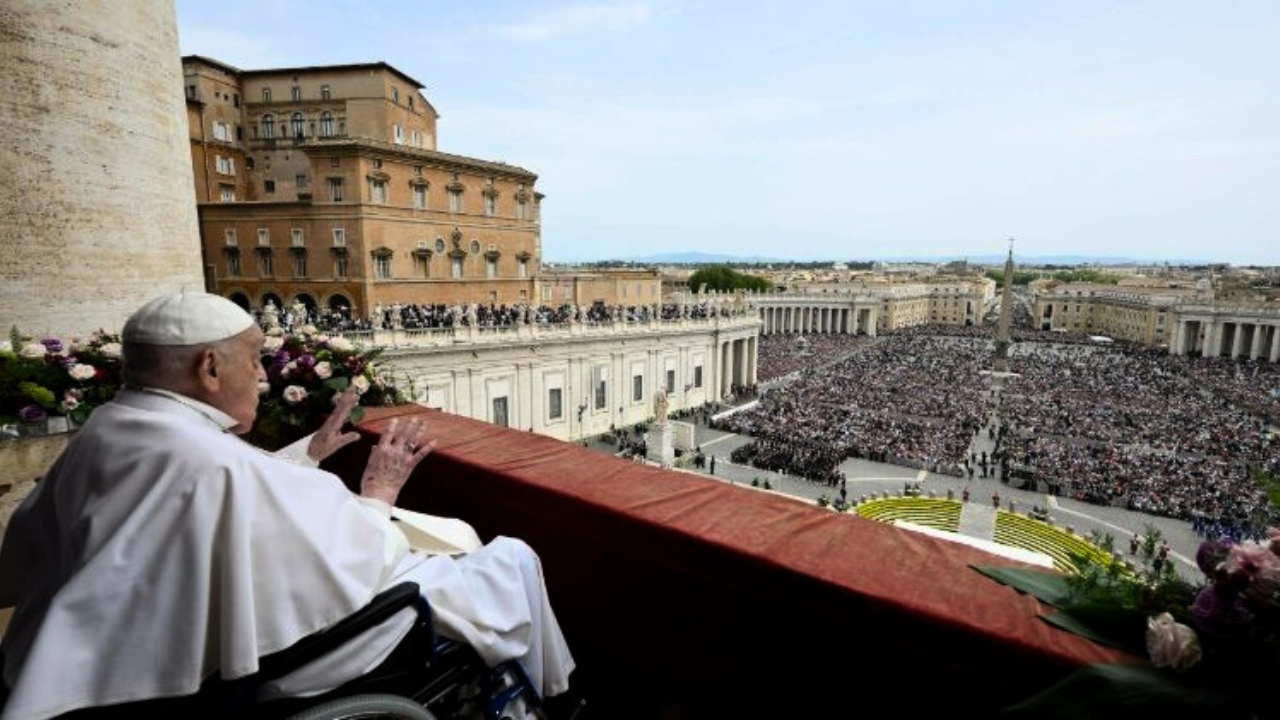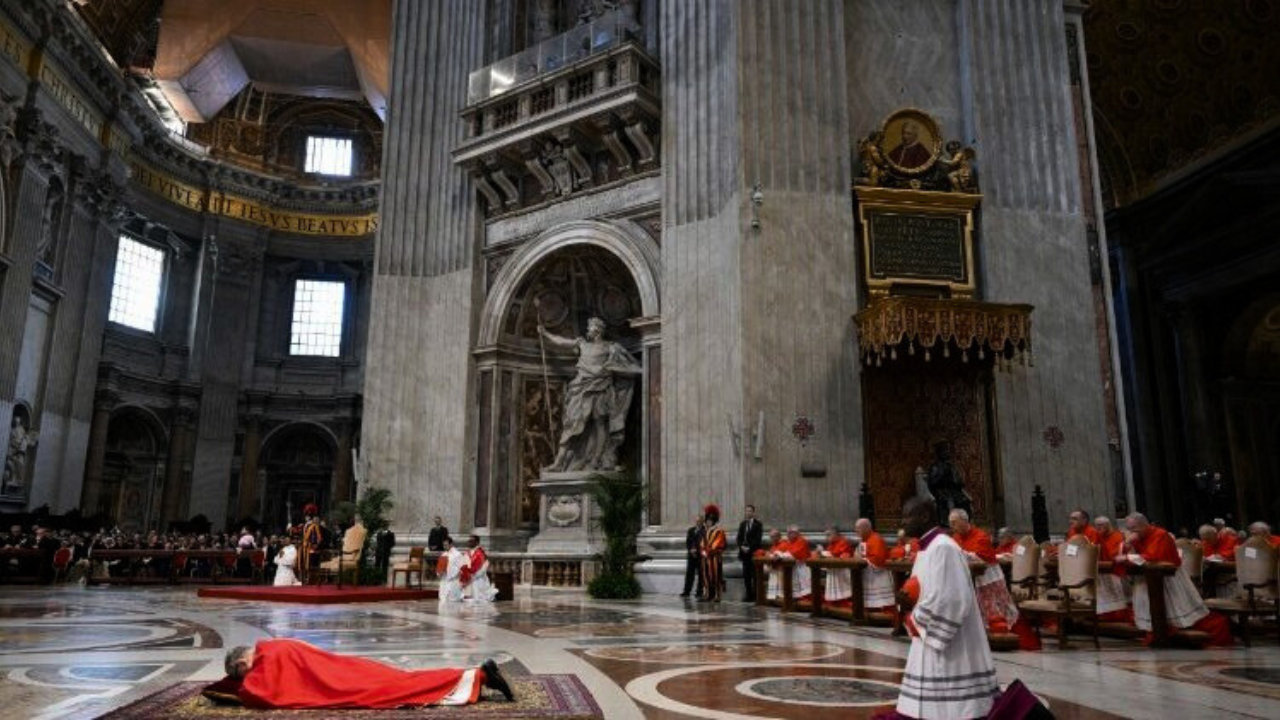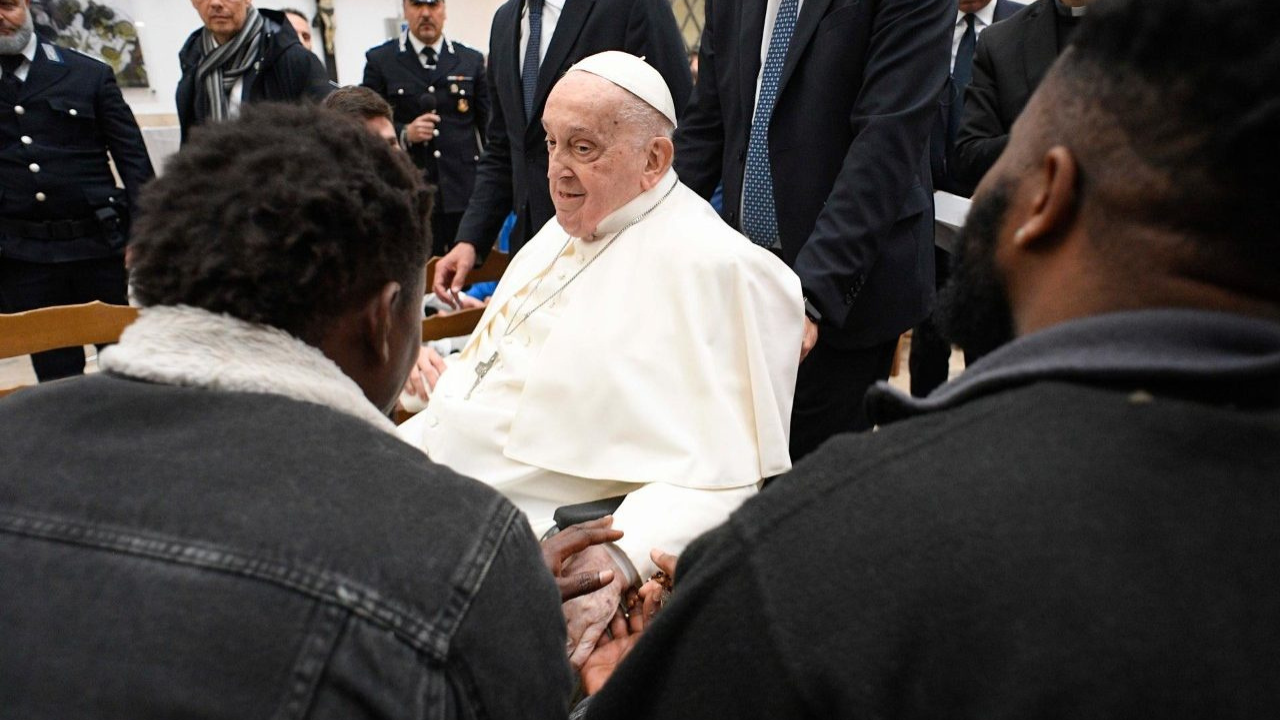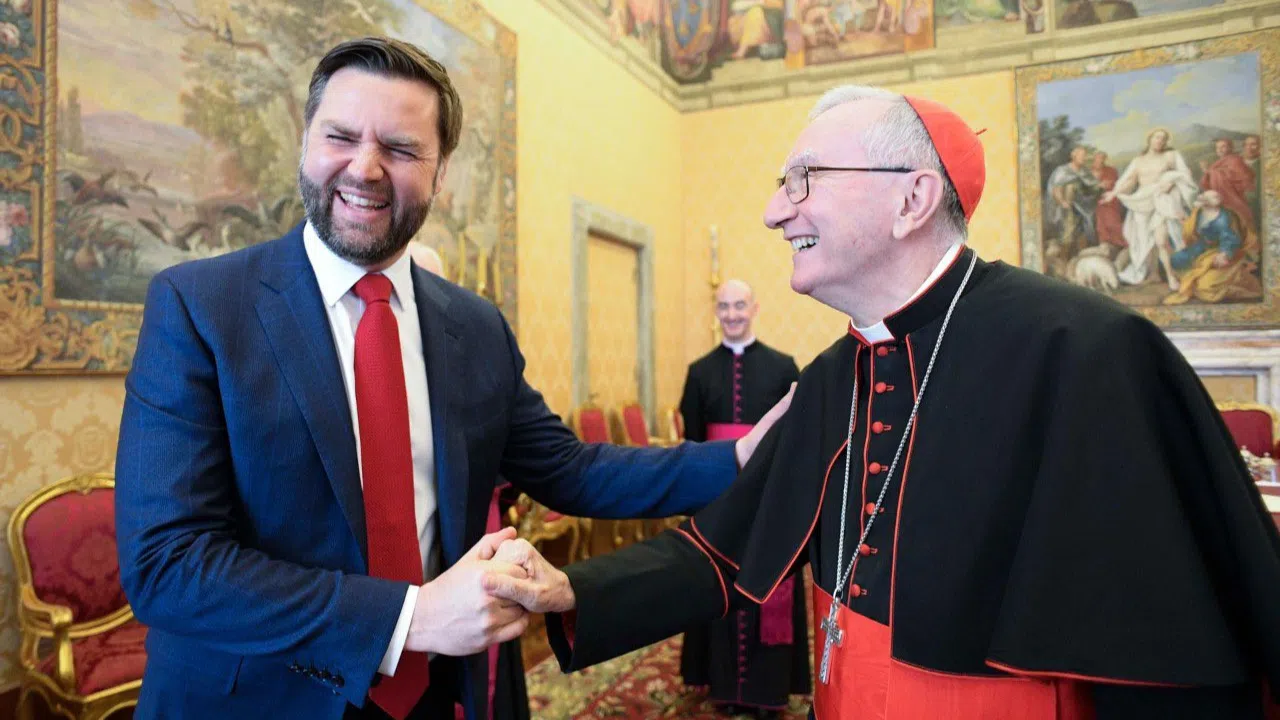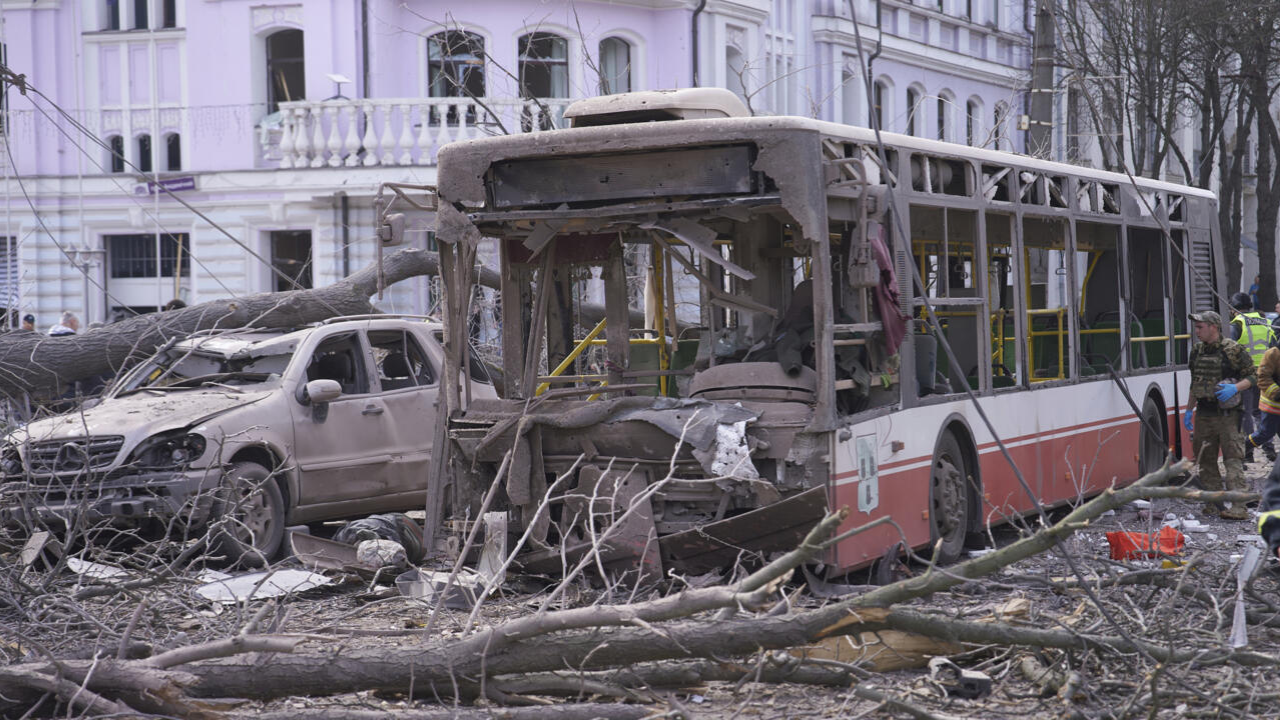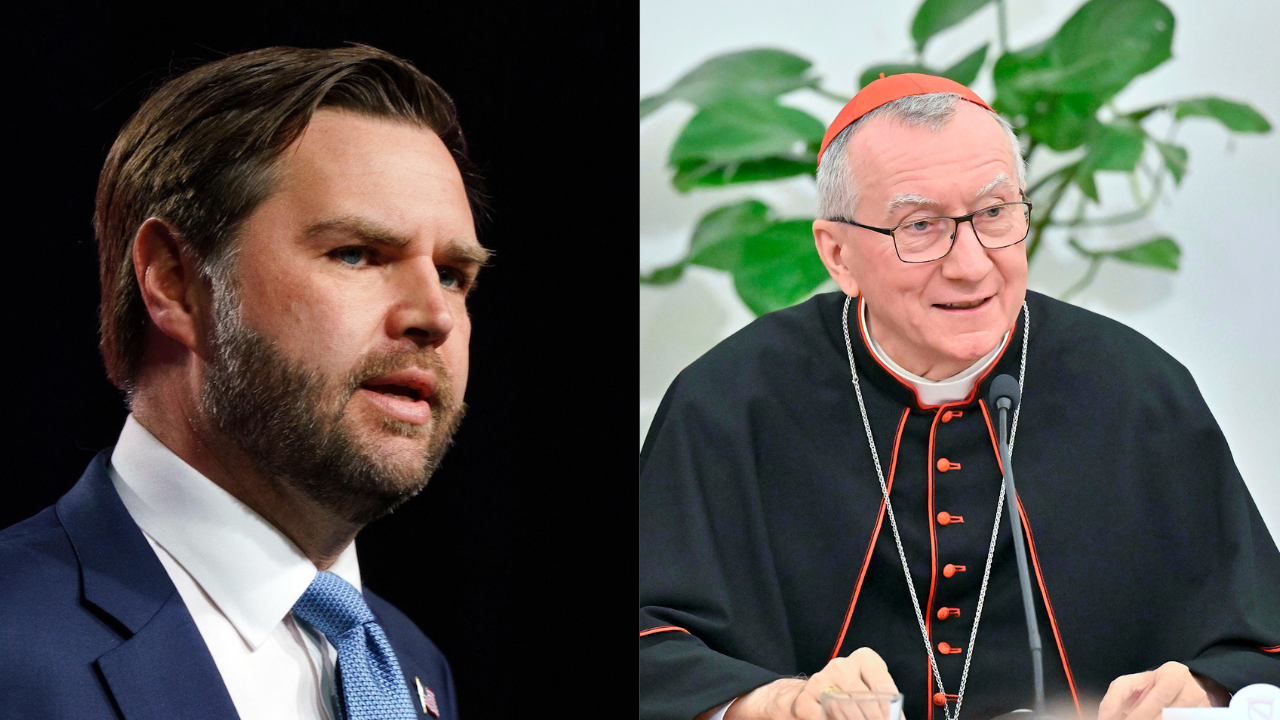WHY WILL THE POPE GO TO SWITZERLAND?
The pope travels to Geneva on June 21 to celebrate the 70th anniversary of the most important ecumenical institution that exists, the World Council of Churches.
It represents 560 million Christians, gathering more than 200 confessions from 110 countries, including Orthodox, Anglicans, Lutherans, Baptists, Methodists and others. It seeks to promote the unity of Christians, while respecting the diversity of its members. They are the main promoters of the 'Week of Prayer for Christian Unity.'
MARIANNE EJDERSTEN
Director of Communication, World Council of Churches
“This is a fellowship. We have decided to stay together, live together and also work together. Not necessarily so to say this is exactly what we think, what we believe, we have a consensus, that talking through each topic together to find out how can we move together as a fellowship”. “We are on a common mission for unity, justice and peace in the world.”
HOW ARE THE RELATIONS BETWEEN THE CATHOLIC CHURCH AND THE WORLD CHURCH COUNCIL?
The Catholic Church collaborates with the World Council of Churches, but it is not part of it. It is considered an important forum for dialogue, but the Vatican individually talks with each church to build unity around the pope, as the successor of St. Peter.
Despite this, the Holy See works as an observer in the committees of the World Council of Churches.
MARIANNE EJDERSTEN
Director of Communication, World Council of Churches
“The Roman Catholic Church is fully integrated in the different commissions, they are part of different programmatic work, we have a daily working relation.”
ANDRZEJ CHOROMANSKI
Pontifical Council for Promoting Christian Unity
“We started this collaboration during the time of the Second Vatican Council, with the foundation in 1965 of the Joint Working group. Since then, we have developed so many different forms of collaboration and channels of collaboration that the Holy Father wanted to go to Geneva at this special occasion to say we are thankful to each other for the rich collaboration we have developed during more then 50 years of collaboration.”
WHAT WILL BE ADDRESSED DURING THIS TRIP?
The pope will hold two ecumenical meetings. In the morning there will be a greeting, based on protocol. In the afternoon, during an ecumenical ceremony, there will be a more theological-based meeting.
ANDRZEJ CHOROMANSKI
Pontifical Council for Promoting Christian Unity
“The visit is important because it is a visit of thanks giving for 70 years of ecumenical work of the World Council of Churches, and the Holy Father wanted to be part of the celebrations, to say that the Catholic Church also expresses his gratitude to the ecumenical work to the World Council of Churches. So this is an important key to understand, to give thanks to God for rich contribution of the World Council of Churches to the modern ecumenical movement.”
MARIANNE EJDERSTEN
Director of Communication, World Council of Churches
“I think this is a golden opportunity to learn more about different traditions also to pray together and also talk with other people.”
Before returning to Rome, the pope will celebrate Mass for the Catholic community in a stadium with a capacity for 40,000 people.
IS FRANCIS THE FIRST POPE TO VISIT WCC?
Pope Francis is the third pope to visit the World Council of Churches.
Paul VI went there in 1969 and John Paul II in 1984.
The principle fruit from the World Council of Churches is that it has established personal relationships that have radically changed the way Christians relate. This establishment helped them realize they were not enemies.
ANDRZEJ CHOROMANSKI
Pontifical Council for Promoting Christian Unity
“The perception of each other has changed. Seventy years ago, many churches considered each other as being enemies, or competitors. Now we don't to make any competition among our churches, we want to develop collaboration instead of competitions.”
This is the pope's exact ecumenical proposal: accompany the theological dialogue through collaboration in themes such as solidarity, the fight against racism or care for the environment. From this collaboration a new ecumenism could be born.
